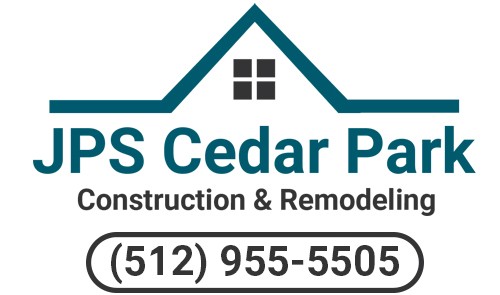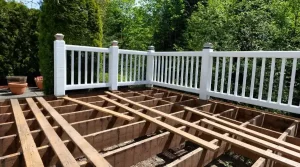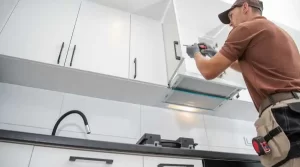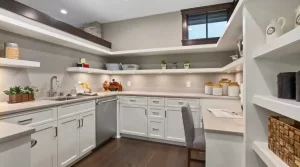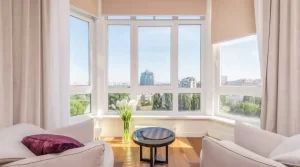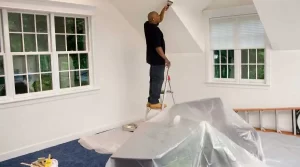It can be stressful for homeowners planning to start a home makeover to consider all of the available alternatives for house additions. What kind of additional room do you need? Which kind of augmentation best meets your needs? Do you even know where to start? Find out the advantages and disadvantages of the various home expansion alternatives first. It will be easier to choose the best alternative for your house if you are aware of your options.
Alternatives for Home Additions: Good and Bad
Bump Out
It’s only necessary to enlarge an existing room for some relatively straightforward house modifications. A full bathroom, a larger bedroom, or an expanded kitchen are typical uses for this kind of addition.
The easiest and least disruptive option for addition. Typically, the procedure begins with tearing down one wall before expanding outward. It is a suitable option if money and space are both limited because it is the smallest addition type and costs the least of any addition kind.
Having only one room as a solution is a drawback. Your home won’t be able to accommodate your wants if you require a lot more room. A bump out addition’s price may also be deceptive. Although it is more expensive per square foot, it is less expensive than the other expansion kinds. This is due to the additional expenses connected with construction, such as getting the appropriate permits and extending your foundation. A smaller addition doesn’t save you money because you would have to obtain this information regardless of the type of addition you made.
Single Room
A single-room extension may be appropriate when a bump out is inadequate but you do not want to build a complete apartment. Sunrooms, porches, or garages are examples of this kind of augmentation.
A single-room expansion gives you the opportunity to add the space you’ve been lacking if you need it. While an additional bedroom can accommodate an expanding family, a sunroom will let you enjoy nature year-round. Without taking up much room, a single room provides all the space and convenience you require. It’s size and low cost contribute to its relative smallness.
The quantity of space you may need may not be available in a single room. Along with taking up space in the yard, they are frequently attached to the side or back of the house. A single-room expansion might not be suitable for you if your property is insufficient or you don’t want to give up space for outdoor play.
Build Out
This kind of addition is most likely the most frequent. Builders can add onto the side, back, or even front of a home to create more space for the occupants.
Flexible is a pro! Many alternatives are available when you build outward. A single room is not enough space for you? Construct an apartment for the in-laws or many rooms. If you’re increasing the back of your home, this type of addition also provides you with a lot of creative freedom. It’s hidden from view, making it the ideal spot to incorporate a piece of your personal design flair!
Cons: Unless you intend to extend your construction beyond your neighbor’s yard (please don’t), this form of extension is restricted by your property borders. As a result, you may not be permitted to build all the way to the boundary of your property due to city laws. This extension might not be right for you if your home lacks room for growth outside.
Build Up
Consider a second-floor addition to a single-story home if the outward extension is impractical or isn’t necessary.
Space is a major advantage for this kind of addition. While exterior improvements can undoubtedly add a lot of space, they are constrained by zoning regulations and property lines. Your home’s square footage almost doubles when a second floor is added! You won’t lose any yard space, either, on top of that!
Cons: Adding stairs, which demand a significant amount of area, is required to build a second story. Additionally, your home’s current structure will require a great deal of work. Work is necessary to ensure sufficient support before adding on top of what is already there. To the existing walls, ceiling, and portions of your foundation, a contractor will need to construct supports.
Work with a general contracting business you can rely on no matter what kind of addition best meets your home’s renovation demands. Home additions are something JPS Cedar Park Construction & Remodeling has a lot of experience with. In determining what kind of addition is best for your home, we would be pleased to collaborate with you. Inquire about a free consultation right away.
